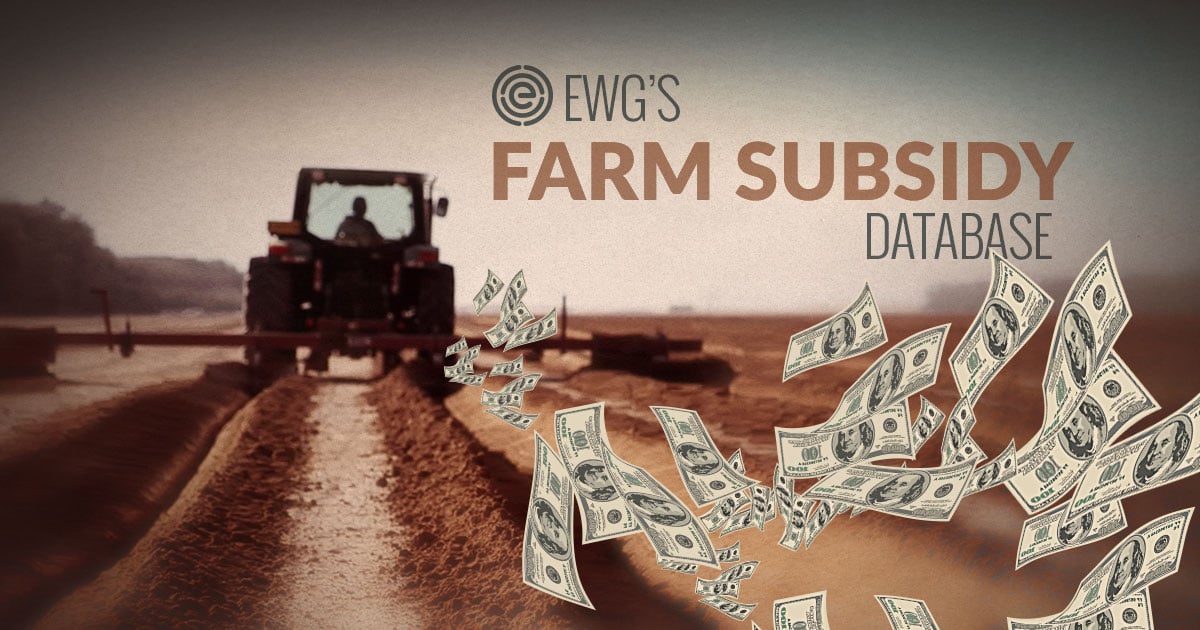Straight Arrow
Well-known member
No that new truck and horse trailer aren't mine ... they belong to the ranch.They always tell you how bad the year was but always seem to be driving a new pickup truck.
Follow along with the video below to see how to install our site as a web app on your home screen.
Note: This feature may not be available in some browsers.
No that new truck and horse trailer aren't mine ... they belong to the ranch.They always tell you how bad the year was but always seem to be driving a new pickup truck.
Wow, I grew up on a small ranch, and we were incredibly poor. Wish someone had told us about these great government giveaways.

Still spot on.Reminds me of when I used to build steel grain bins on local farm sites across ND. At some point during the day the farmer would drive over to say hi. They were always nice and some brought lemonade and cookies. But the 4 of us on the crew knew at 6am when we came on the jobsite how the following question was going to be answered, "so how's farming?". If we saw a new shiny current year 4x4 pickup in front of the house right next to the wife's caddy and a bunch of shiny new tractors/implements in a big aerospace sized pole barn we knew the answer was going to be 20 minutes on why the banks, and the politicians, and the government and the Arabs and the city folks all made it impossible for a decent man to earn a living farming any more. But if we saw a well maintained 5 yo pickup next to a 6 yo Oldsmobile in the yard, and obviously well used but well-maintained tractors/implements around the grounds we knew that anwer was going to be, "ya get good years and bad years, all things considered, we are doing ok, how about you, must be tough slinging steel all day in the hot summer". They never let us down. They all stayed to script. I gather not much has changed since I left ND.
Being a crop farmer and cattle feeder i have a different look at this then most people on here. I eat beef 6 days a week and am scheduled to work 7 days a week no holidays no sick pay no overtime no benefits. I'm not complaining I enjoy it even on the 30 below mornings. I do think it's quite funny how some of the hardest working people in the country that make one of the things that is essential for like "food" are viewed badly in the publics eye. The reason for the subsidies and farmer welfare is because our government wants cheap food for its people. If you look at the percentage of wages in the United States spent on food compared to the rest of the world it is one of if not the lowest.
My grandpa always said it's been to long since the people in this country have been hungry. Until people get hungry they will just think that food is over priced and farmers are the cause of all the world's troubles.
I am not totally familiar with how subsidies and government leases in the west work and I'm sure people abuse them to make ranching look bad.
Just throwing my .02 cents in what feels like but was not meant to be rant with bad grammar.

"The future is plastics"Bill says 100% synthetic beef.

Bill Gates: Rich nations should shift entirely to synthetic beef
We spoke to the Microsoft cofounder about his new book, the limits of his optimism, the tech breakthroughs and energy policies we need—and how his thinking on climate change has evolved.www.technologyreview.com
I would agree that folks that built large quantities of money from the ground up fit this, but trust fund babies, hollywood entertainers and .com folks who stumbled into money very quickly can have a bit of a carefree attitude with their funds.
Bill's a smart man... way smarter than just about any of us. But a world without real Ribeyes is not a world I want to live in.Bill says 100% synthetic beef.

Bill Gates: Rich nations should shift entirely to synthetic beef
We spoke to the Microsoft cofounder about his new book, the limits of his optimism, the tech breakthroughs and energy policies we need—and how his thinking on climate change has evolved.www.technologyreview.com
Wow, no wonder replacing a tire or a truck battery was a total disaster for us; thanks for that. Second main reason I went to Medical School. #1 Help others #2 Told to me by a Green Beret Special Forces Medic: A Doctor ain't nobody's ...
EWG's Farm Subsidy Database
EWG's Farm Subsidy Database put the issue on the map and is driving reform. Just ten percent of America's largest and richest farms collect almost three-fourths of federal farm subsidies; cash payments that often harm the environment.farm.ewg.org
Funny I was thinking the same thing about cherries orchardists around here or berries growers in NW Washington. One grower in Whatcom Co picked me up for a site visit for some water rights work in a new 6-pack diesel, lifted, with dualies. I commented about the Zeiss bino's he had the dash, and he responded, "oh those are just my cheap pickup nockers, I leave the good ones at home". Or the Cherry guys that don't answer their phone from Nov to Feb because they're in Mexico.Not a ranch, but I hear a similar story about cranberry growers around here. They always tell you how bad the year was but always seem to be driving a new pickup truck.
Some good points. One clarification of my thoughts is that production capacity is important for national security. That does not mean that I feel the government is properly managing subsidies to create an optimal scenario of production capacity. That is the difference between theory and practice. I do think it is important we as a nation have the ability to produce our own food without relying on imports. That said, I cannot speak to how effective (or not) we are at it. While I agree with you that it is important farms be well managed and efficient, there is also a need to have diversification (just like investments) so the system doesn't become too reliant on a small number of "producers".The national security points falls apart when you realize most of the corn, soy, and grains grown aren’t for human consumption or require process to make them fit for consumption. I’ve worked on dairy and beef operations and had some fail. We producing more food with less land. Farms need to fail for the sake of the greater good so that those farmers that are actually well managed can make real money and not skimp by on some government controlled price setting or participation trophy subsidy.
Gate's probably hasn't had anything but Kobe in 30 years...prolly a closet omnivore.Bill's a smart man... way smarter than just about any of us. But a world without real Ribeyes is not a world I want to live in.
Apparently Gates is pretty open about his love of cheeseburgers. He treated Anderson Cooper to lunch at the Burgermaster in Bellevue, Washington.Gate's probably hasn't had anything but Kobe in 30 years...prolly a closet omnivore.
Offsetting income from other profitable businesses while gaining equity in the farm is still quite common. Buying the equipment, pivots, bins, farm buildings, etc. all have favorable depreciation treatment. Crop inputs are deductible when paid, and they can defer the income by holding off on selling grain and store it in their shiny new bins. The deductions can offset other income sources while equity is built in the farm.
Even a small family farm that has a spouse working in town will use the farm losses to offset the spouse's W2 income so minimal income taxes are paid.
I would gladly buy Cooper all the cheeseburgers he could eat...; )Apparently Gates is pretty open about his love of cheeseburgers. He treated Anderson Cooper to lunch at the Burgermaster in Bellevue, Washington.
Likely he visits Juicy Lucy's when in the Twin Cities.
But which one? There is bad blood on that topic in these parts - one of the two is fake newsLikely he visits Juicy Lucy's when in the Twin Cities.
Forgive me ... was not aware of more than one Juicy Lucy.But which one?
To pad a business with personal costs, or to run at cost and bank on underlying deferred asset gains, or to know losses will be offsetting other gains, or to take losses now that will create greater income in a subsequent tax year are always logical (even if not always legal), but actually foregoing income to manufacture a loss actually destroys total economic value across a person's portfolio (absent some other weird govt incentives). Seems like either the guides lacked full info or the owners need better tax advisors.Reminds me a fishing lodge I went to in Alaska. The guides didn't like working there and filled me in. The lodge purposefully didn't book them very busy because they wanted to take a loss and write if off. Apparently they had 5 fishing lodges around the world, owners lived in Texas. Pretty shady!
Forgive me ... was not aware of more than one Juicy Lucy.
